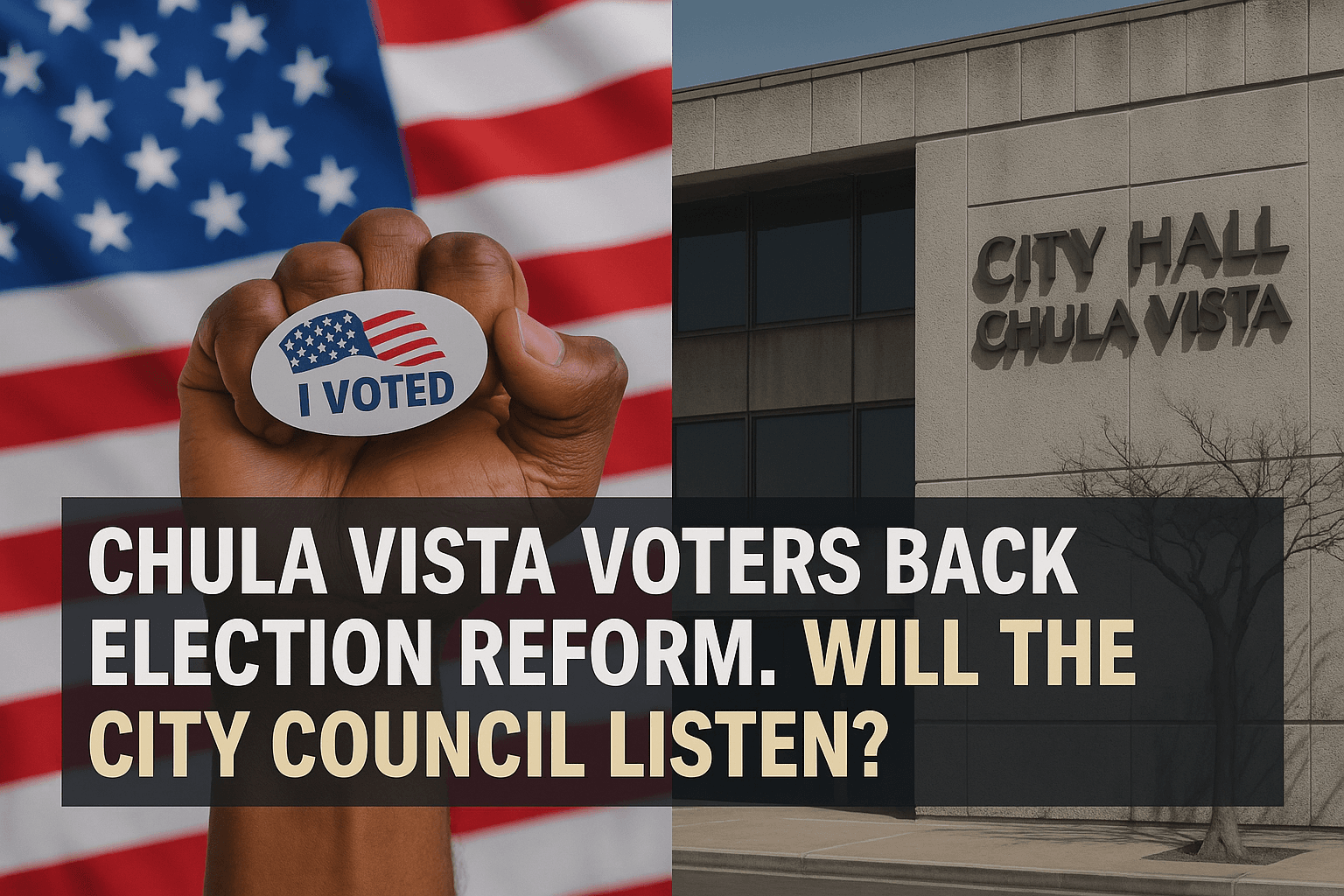Can Legislation Ever Keep Up with Technology?

 Can legislation on technology ever reflect the fast-paced nature of the digital frontier? Credit: readwrite.com
Can legislation on technology ever reflect the fast-paced nature of the digital frontier? Credit: readwrite.com
In a push toward increased privacy in the social media realm, Washington became the most recent state to enact a law banning employers from asking for the website or password of an employee's personal social media profile.
"We're trying to assure people's privacy in this space, that we (have) vigilance and the ability to move on a moment's notice when people's privacy has been violated," Washington Governor Jay Inslee told the AP back in May, when the legislation was initially signed.
In 2013 alone, eight states have enacted laws preventing employer access to social media usernames and passwords: Arkansas, Colorado, Nevada, New Mexico, Oregon, Utah, Vermont and now Washington.
"I think it is a solid step to give people privacy, but I would not be shocked if there's some new app or application or a laser beam hologram technology we haven't dreamed of yet that makes further work necessary," Inslee continued.
Governor Inslee raises an important question: Can legislation on technology ever reflect the fast-paced nature of the digital frontier?
It's generally known that politics trails society, with legislation acting as a reactionary function as opposed to a preemptive attempt to address shifting societal attitudes. In terms of technology, legislation is "at least five years behind," according to Andrea Matwyshyn, a professor at the University of Pennsylvania's Wharton School.
"There's an increasing breakdown of the traditional social boundaries between workplace and homelife, and personal and public information," Matwyshyn said. "It's a time of cultural shift and this is going to take a while to stabilize itself and shake out," she continues.
Back in 2009, Manav Tanneeru pointed to the risks of libel, harassment, the possible threat to freedom of speech, and the ongoing music battles online as possible concerns deserving legal attention. Social media was relatively new, with the outbreak of Twitter and the popularity of Facebook causing a stir in all areas of society.
Privacy concerns were present, but not prominent. Since then, however, privacy has taken center stage in the national dialogue, with the most recent tension caused by the Edward Snowden "scandal" placing even more pressure on lawmakers to address privacy concerns in our technology-obsessed culture.
Uncertainty on how to best apply our rights to the Internet and enforce that they are protected has led to inaction, allowing for the rise of unconstitutional datamining, with Facebook now owning (and selling) the most extensive set of online data of consumers worldwide.
Some lawmakers, however, recognize the need for updated protections to privacy rights in the digital age.
“As technology continues to evolve and improve, Congress must ensure that the Fourth Amendment rights of our citizens are protected," Rep. Ted Poe (R-Texas) argues. "Technology may change, but the Constitution does not."
While privacy protections are guaranteed under both state and federal constitutions, crafting legislation that will address both present and potential future privacy risks online has created an obstacle for lawmakers nationwide.
In your opinion, can legislation be crafted in such a way to ensure that privacy is protected amidst the advancement of technology?



